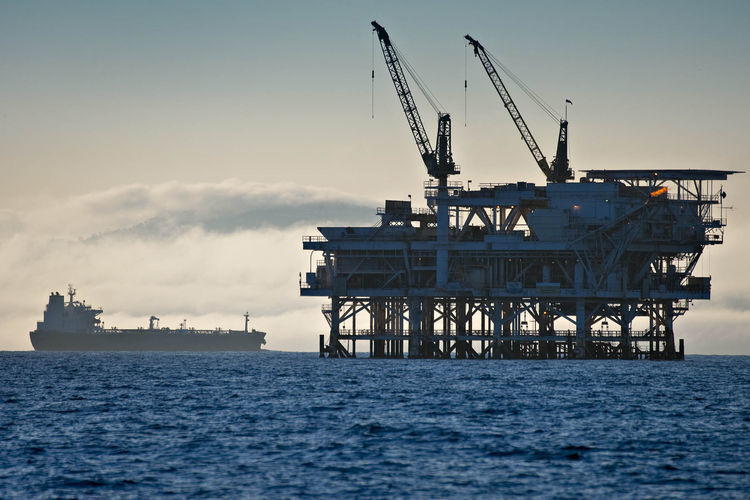
Shipping is about to lead a recovery in global offshore markets that have been battered by plunging oil prices, according to one of Norway’s biggest dealmakers over the past three decades.
Mads Syversen, the chief executive officer at Oslo-based investment bank Arctic Securities, said he’s seeing the first signs of a pick up in activity as benchmark North Sea oil prices have rebounded about 60 percent since hitting a 12-year low in January.
With crude still below $50, transaction activity in the rig industry is still close to zero but an improvement may come at the end of the year or at the start of 2017, said Syversen, 52, who helped form Arctic in 2007 after leaving SEB Enskilda.
“We’re at a price level that some will see as attractive with a bit longer perspective,” he said in an interview Friday. “An improvement isn’t high activity. But I agree that we are close to something of a bottom.”
Syversen, who has been a long-time adviser and dealmaker for billionaire Kjell Inge Roekke, said that shipping will probably lead the way in the recovery, where he’s also backed by another Norwegian heavy, billionaire John Fredriksen. In fact, Arctic in February formed a ship broking company with Fredriksen’s Geveran Trading Co.
“The activity level in shipping will come back before offshore,” he said. “Buying and selling ships where the underlying market is working. We see within dry bulk that activity have increased some.”
The Norwegian offshore industry is struggling as revenue has dwindled with falling rates and expiring contracts. Many companies are restructuring their debt and raising new capital.
The 12-month default rate on Norwegian high-yield oil and gas bonds climbed to 23 percent in March, according to Stamdata. The largest default so far was when Mexican oil service provider Oro Negro failed to make a January interest payment on a $677 million bond, according to Stamdata.
Syversen said that these processes are very complicated.
“There are often many counterparts, several banks, bondholders,” he said. “It’s important that the banks treat the bondholders well. What about the equity holders? It’s a triangle that must be put together.”
Though most of Arctic’s mandates are within restructuring and refinancing, the bank is also working with several initial public offering mandates for this year.
“I see an attitude, compared to January, that is much more interested in looking at the opportunities that are out there,” he said. “It supports that there’s an interest. Generally activity and interest is better than in January.”
Recommended for you
